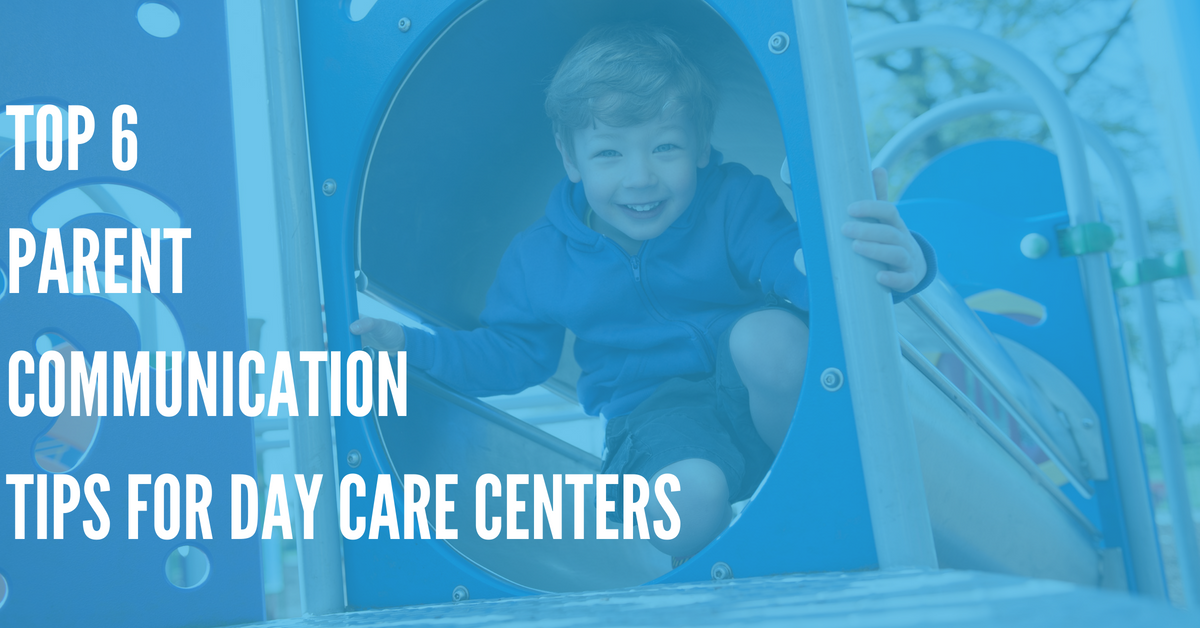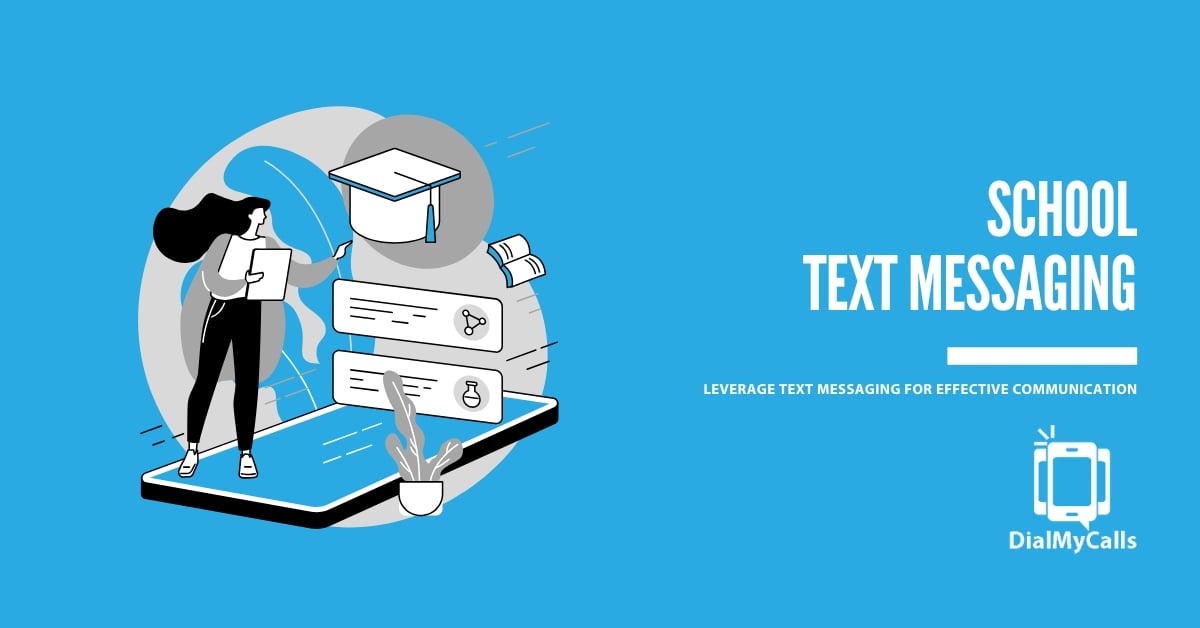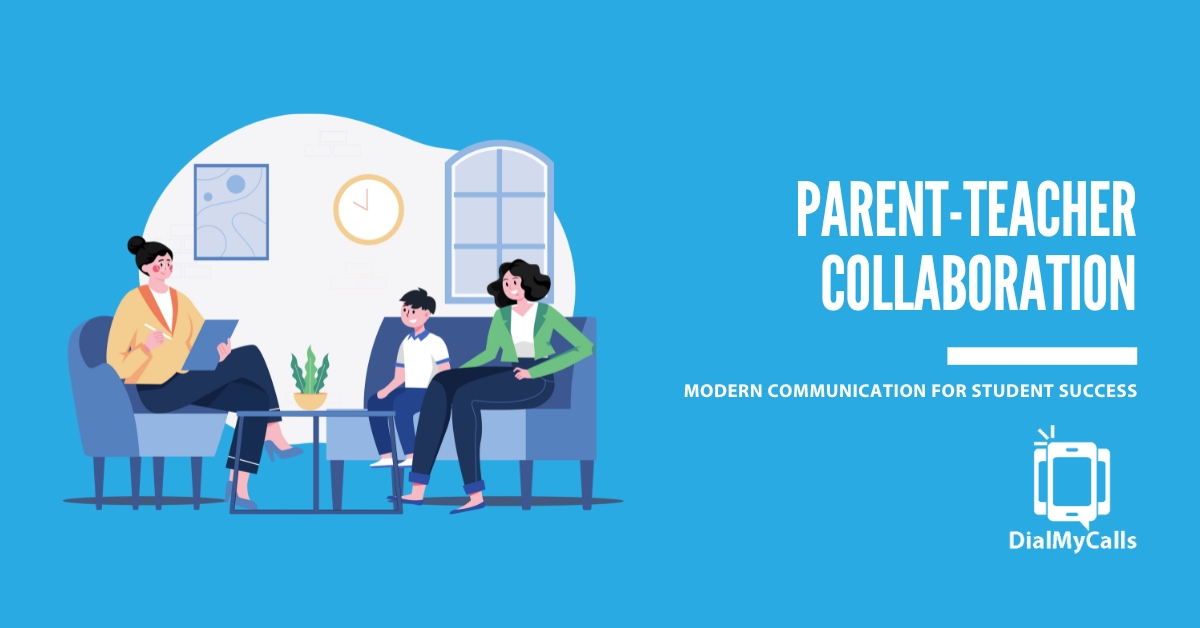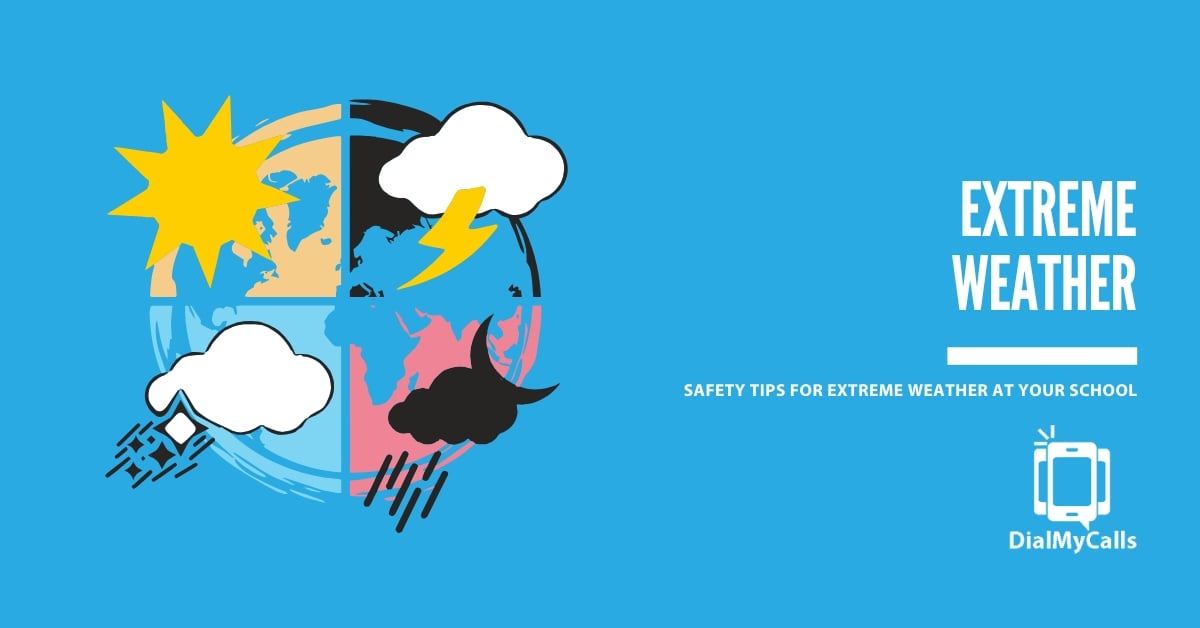Author
Tim Smith is the Media Manager at DialMyCalls, where he has leveraged his expertise in telecommunications, SaaS, SEO optimization, technical writing, and mass communication systems since 2011. Tim is a seasoned professional with over 12 years at DialMyCalls and 15+ years of online writing experience.
Try Using DialMyCalls Right Now
Start For FreeRecent Posts
- 8 Creative SMS Marketing Ideas to Boost Engagement This Summer
- 15 Ways to Use QR Codes For Event Promotion & Attendee Engagement
- Top 6 Automated Calling Service Providers For Your Business
- Boost Customer Experience with QR Codes: From Menus to Payments
- Everything You Should Know About Ringless Voicemail
Categories
“I am a youth minister and have spent hours in the past calling students individually to remind them of an upcoming event or to get out an urgent announcement. With DialMyCalls.com, I cut that time down to about 1 minute. I also love how I can see exactly who answered live and how long they listened so I know if they heard the whole message. DialMyCalls.com is the best website I have stumbled upon all year! Thanks!”
Central Baptist Church
Try Using DialMyCalls Right Now
Start For FreeHow to Communicate with Parents at Day Care Centers – What You Need to Know
Posted by Tim Smith in Schools on September 7, 2018
Updated on September 3, 2024

Effective communication is an absolutely essential part of running a reputable, successful day care center. Whether you are reminding parents about upcoming bills for child care, sending out updates about their child’s behavior, or even developing an Emergency Action Plan (EAP), proper communication is a must.
So, how can you communicate with parents effectively at your day care center? In this article, we’ll take a look at just a few methods which you may be able to use, and give you the details. Let’s get started.

1. Start with a Handbook
One of the first things you should do at your day care center- if you don’t have one already- is develop a handbook. Actually, you will need to develop two handbooks. One for the parents, and one for the staff.
Both handbooks should center around your mission statement and contain information about the philosophy of your business. In addition, you will want to include information and copies of all existing, relevant policies, such as:
- Days and times of operation
- Liability waivers and other such legal forms
- Statements about how illness or absences are addressed
- Contact information for the school and all relevant administrators/teachers/staff
Parent handbooks should also include further information about things such as enrollment, payment, the responsibilities of parents, and what children are required (and permitted) to bring to your facility.
Your staff handbook will need to have different information, such as pay schedules, details about benefits and compensation, performance objectives and goals, conduct policies, and accepted methods of interacting with both parents and children.
The goal of the handbook is to make sure that both parents and staff understand their roles perfectly, and that they can work together in order to create a more healthy environment for their children.
2. Hold Regular Staff and Parent Meetings
Holding meetings with staff is a good way to help ensure that any concerns about an individual parent or child are heard and dealt with, which is helpful to ensure better communication with parents. Your staff members can also bring up any other issues or concerns they have, which helps you improve your facility.
Parent meetings are also especially valuable, although they are tough to organize, given how different the schedules of many parents are. Typically, it’s a good idea to schedule parent meetings for late Friday afternoon, or to schedule them later in the evening during the week.
Another step you could take is to establish a Parent-Staff Advisory Committee. This group could meet to provide both groups with the chance to talk to one another, plan special events, and discuss concerns or questions they may have about the operation of your day care center.
3. Establish a Primary Electronic Communication Method
As a rule, email is the easiest way to communicate with the parents of your children. So make sure that you establish email as your primary communication method. Make it clear to parents that you need a valid email address which they check regularly- otherwise they could miss out on important information.
While you can also use some specialized child care management software for communications, this is usually a bit more complex and expensive, and only recommended if you run a day care center that is quite large.
4. Use Printed Material For Urgent Notifications, Special Events and Field Trips
Nothing is a better reminder than the written, printed word. So when there is something that’s absolutely critical- a notification about changes in your attendance policy, a special announcement, and so on- print it.
And don’t just hand it to a student. Unfortunately, they can’t always be relied upon to be your delivery person! Give the flyer or handout directly to the parent, guardian, or whoever comes to pick the child up after day care every day, to make sure that it gets to the right eyes. This will save you a lot of headaches.
5. Establish a System of Weekly Reports for Kids
Parents like knowing how their children are doing- whether they are getting along well with others, or even perhaps struggling with some things. One great way to make parent-staff communication better is to use a system of weekly reporting.
Your staff members should collaborate and create a standardized daily or weekly reporting sheet, describing the day and week for their child, and informing parents about their primary activities, how they’ve been playing with others, whether they’ve eaten all their meals, taken naps, and so forth.
You can also report problems like not playing well with others, misbehavior, or issues with potty training, and other such things.
These reports will be appreciated by parents who may want to understand how their child is developing, and areas in which they may need to focus at home.
6. Know What to Do in Emergency Situations
It’s a good idea to have an EAP (Emergency Action Plan) in place. This should outline the steps you will take in an emergency such as a natural disaster like a tornado, as well as scenarios like shootings and other emergencies. It’s not a pleasant thought, but proper responsiveness in a situation like this can save lives. Here are some tips on developing your own EAP!
You should also have a plan for notifying parents if a child is injured, or suffers an allergic reaction or has another major problem at your day care center.
DialMyCalls is a great way to do this. With DialMyCalls, you can communicate with all of your parents and staff– to notify them about a thunderstorm or tornado in the area, for example- or just one or two parents.
Using their streamlined online interface, you can send voice messages, text messages and email reminders, ensuring that urgent notifications are never missed. It’s a great addition to any emergency action plan.
Follow These Tips- Communicate More Effectively with Parents!
Running a day care center is not easy, but it is very rewarding. And with these helpful hints, you’ll be more easily able to communicate with parents, and run a more effective day care center.







